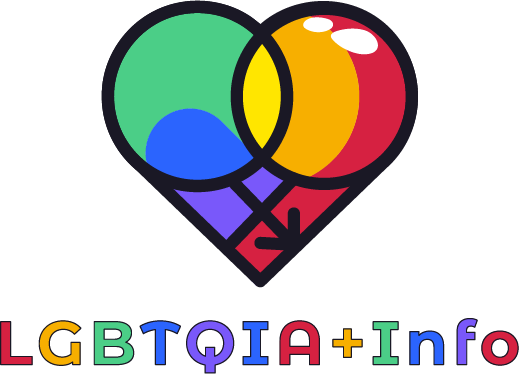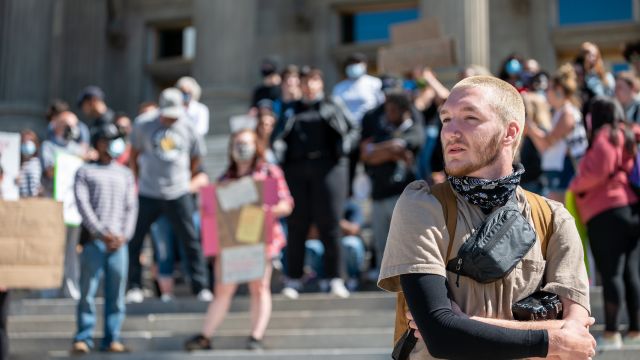A greater understanding of the need of protecting the identities of LGBTQIA people has emerged in recent years. (Lesbian, Gay, Bisexual, Transgender, Queer, Intersex, and Asexual). Although there has been progressed toward LGBTQIA equality and acceptance, people in many areas of the globe still experience prejudice and hardship. This essay will discuss the significance of knowing about LGBTQIA rights and why this is important.
What are LGBTQIA rights?
Individuals who self-identify as part of the LGBTQIA community have certain protections under the law and in society. Among these privileges is the guarantee of not being subjected to discrimination in terms of employment, housing, or access to public services. Rights to marry, adopt children, and get healthcare without bias also fall under this category.
Why do LGBTQIA rights matter?
There are several reasons why LGBTQIA rights are important. First and foremost, they are necessary to provide the LGBTQIA community with the safety it needs to thrive. Mental health problems, social isolation, and even physical injury may result from homophobic and transphobic treatment.

Equal and fair treatment of the LGBTQIA community is essential to a just society. It sends a message that LGBTQIA people are not respected by society when they are denied fundamental rights and protections. This may become a vicious cycle of exclusion if not addressed.
In conclusion, LGBTQIA rights are crucial to fostering an inclusive and diverse society. By welcoming and celebrating our many differences, we can build a society that is stronger and more prosperous for everybody.
The state of LGBTQIA rights around the world
Despite some victories, LGBTQIA rights still have a long way to go before they are fully recognized and protected everywhere in the globe. The LGBTQIA community faces persecution and violence in nations where homosexuality is still outlawed. People who identify as LGBTQIA face discrimination and violence in many areas of the globe.
Legalizing same-sex marriage and enacting safeguards against discrimination in employment and housing are just two examples of the many victories won in recent years by LGBTQIA people in the United States. Nonetheless, the LGBTQIA community still faces considerable obstacles, especially in regions where legal safeguards are lacking.
Understanding the challenges facing LGBTQIA individuals
The LGBTQIA community has significant challenges due to the practice of discrimination. This might take the form of verbal abuse, social exclusion, or even physical violence against the victim. It has been shown that discrimination has a severe impact on the mental and physical health of LGBTQIA persons. Furthermore, it increases the risk that these individuals may experience social isolation and a loss of connection to their community.

The LGBTQIA group has challenges in a number of different areas, including health care. The lack of familiarity among healthcare providers with LGBTQIA health problems and the existence of prejudice among healthcare professionals against LGBTQIA patients are two of the most prominent barriers that prevent LGBTQIA persons from making use of medical services.
What can be done to promote LGBTQIA rights?
Several actions may be taken to advance LGBTQIA rights. First and foremost, we must support efforts to advance social justice and equality. This includes advocating for measures to combat prejudice, promote marital equality, and expand access to medical care.
It is also crucial that people learn more about LGBTQIA concerns and the struggles that people in this community face. One way to do this is through collaborating with educational institutions and local groups to increase public knowledge and acceptance of LGBTQIA concerns.
Last but not least, those in the LGBTQIA community who are experiencing discrimination, harassment, or other hardships need to be provided with assistance and services. This may include counseling services, support organizations, and other avenues of assistance since LGBTQIA people face discrimination and prejudice in today’s society.
Conclusion
In conclusion, advancing equality, social justice, and inclusion require an appreciation for LGBTQIA rights and an awareness of their significance. While there has been progress toward LGBTQIA rights in many regions, much more needs to be done to guarantee that all LGBTQIA people may live their lives without fear of prejudice or violence.
We can build a more fair and inclusive society for all people by advocating for legislation and projects that promote equality and social justice, raising awareness about LGBTQIA problems, and supporting and empowering LGBTQIA people.
More on LGBTQIA identities
Learn what LGBTQIA stands for.

